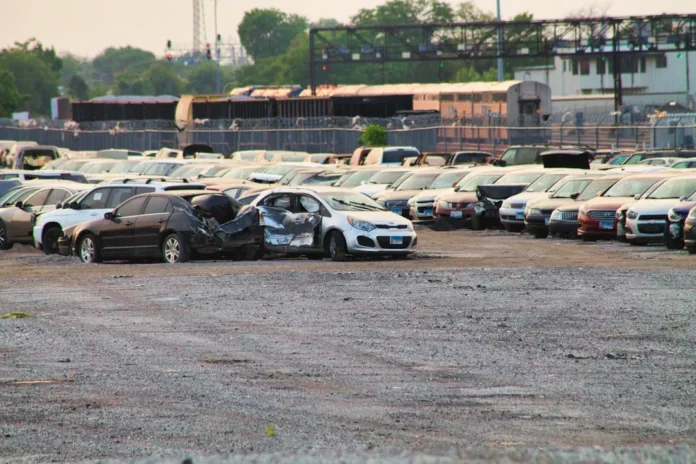Forming journalists is a crucial task in today’s society, where the media plays a significant role in shaping public opinion and disseminating information. In recent years, the need for well-trained and ethical journalists has become even more evident, especially in the field of investigative journalism. To address this need, the workshop “Forming Journalists: The Investigative Journalism Workshop on ‘Ndrangheta Stereotypes and Reality” was organized by the renowned journalist Claudio La Camera.
The workshop, which took place in the beautiful city of Reggio Calabria, aimed to train young journalists on how to approach and report on sensitive topics such as organized crime, specifically the ‘Ndrangheta, which is one of the most powerful and dangerous criminal organizations in Italy. The workshop was a unique opportunity for aspiring journalists to learn from the experience and expertise of Claudio La Camera, who has been investigating and reporting on the ‘Ndrangheta for over 20 years.
One of the main objectives of the workshop was to break the stereotypes surrounding the ‘Ndrangheta and present the reality of this criminal organization. Often, the media portrays the ‘Ndrangheta as a group of ruthless and violent men, but the workshop aimed to show a different side of the story. Through in-depth discussions and practical exercises, the participants learned about the history, structure, and operations of the ‘Ndrangheta, as well as the impact it has on the local communities.
The workshop also focused on the importance of ethical journalism and the responsibility of journalists in reporting on sensitive topics. Claudio La Camera emphasized the need for accurate and unbiased reporting, as well as the importance of protecting sources and ensuring the safety of both the journalists and the people involved in the stories. This approach is crucial in investigative journalism, where the risks are high, and the consequences of a poorly reported story can be severe.
One of the highlights of the workshop was the participation of a group of young journalists from Calabria, who shared their personal experiences and challenges in reporting on the ‘Ndrangheta. They also had the opportunity to present their work to Claudio La Camera and receive valuable feedback and advice. This interaction between experienced and aspiring journalists was a great learning experience for everyone involved and highlighted the importance of collaboration and mentorship in the field of journalism.
The workshop also addressed the issue of the ‘Ndrangheta’s influence on the media and the challenges faced by journalists in reporting on this criminal organization. Claudio La Camera shared his personal experience of being investigated and threatened by the ‘Ndrangheta for his reporting. This eye-opening account showed the participants the real dangers and risks that journalists face in their line of work, but also the importance of standing up for the truth and not giving in to intimidation.
The workshop also shed light on the ongoing “sequestro processo” (process kidnapping) case, where a group of journalists and lawyers were accused of being part of the ‘Ndrangheta and were arrested and put on trial. Claudio La Camera, who was one of the accused, shared his experience of being indagato (investigated) and the impact it had on his personal and professional life. This case serves as a reminder of the challenges faced by journalists in Italy, where the freedom of the press is often threatened.
In conclusion, the workshop “Forming Journalists: The Investigative Journalism Workshop on ‘Ndrangheta Stereotypes and Reality” was a great success in achieving its objectives. The participants left with a better understanding of the ‘Ndrangheta and the role of journalists in reporting on organized crime. They also gained valuable skills and knowledge from Claudio La Camera, who proved to be an excellent mentor and role model for aspiring journalists. This workshop is a step in the right direction in forming ethical and responsible journalists who can contribute to a more informed and just society.

